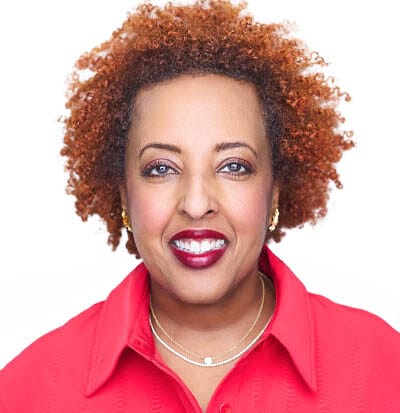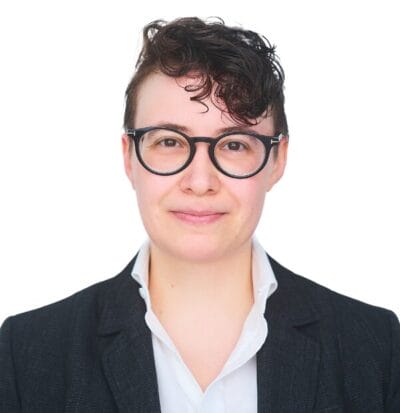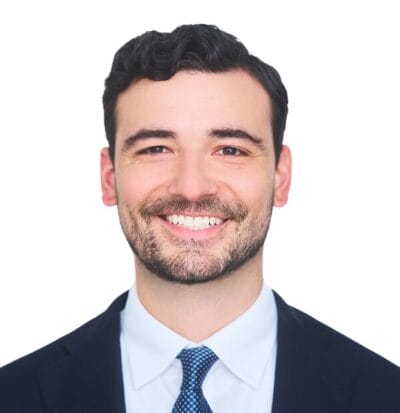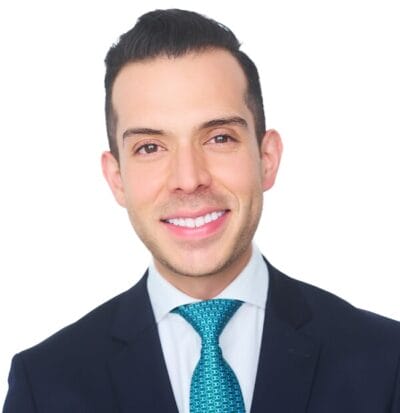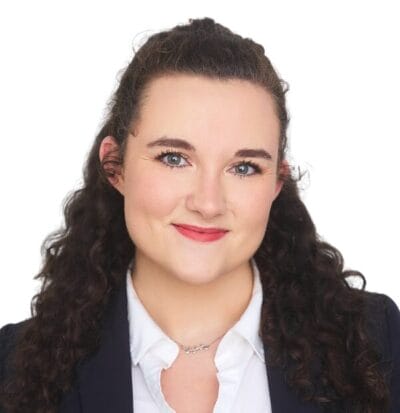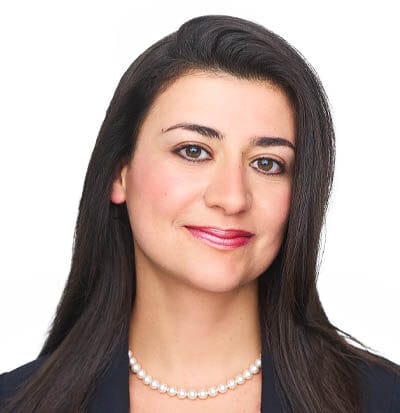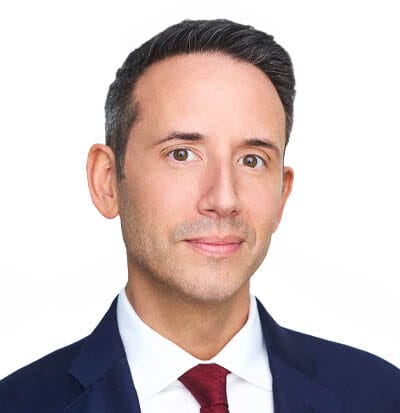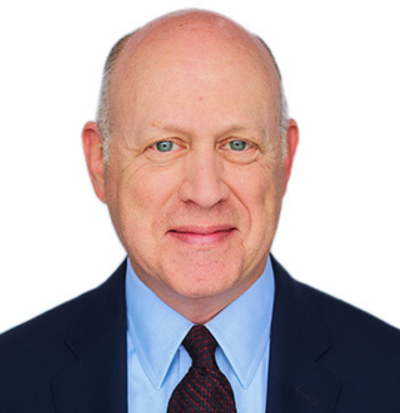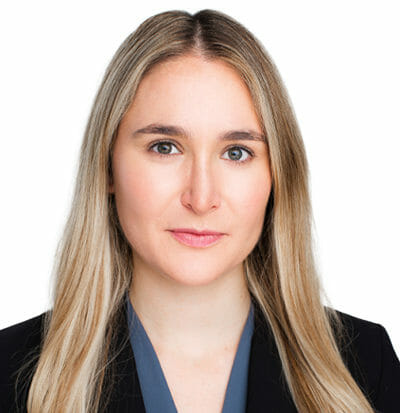Case No. 2018Da253444, S. Korea Supreme Court (en banc), March 18, 2021.
The Korean Supreme Court issued a landmark decision holding that the use of a junior mark identical or similar to a senior registered trademark constitutes infringement if the junior use is without the senior holder’s consent, despite that the junior mark is registered.
This decision overruled longstanding precedents in South Korea holding that the use of registered trademarks did not constitute infringement until the junior registration was officially invalidated through a separate proceeding.
The rights in dispute in this case were:
| Plaintiff’s 2014 Reg. for DATA FACTORY (stylized) for, inter alia, “computer software” in Class 9 and “development of computer programs” in Class 42 (“senior mark”). | 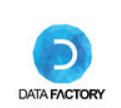 |
| Defendant’s 2017 Reg. for (Translation: Data Recovery Specialists / DATA FACTORY) for, inter alia, “computer software for scanning images and documents” in Class 9 and “design and development of computer programs” in Class 42 (filed on August 10, 2016) (“junior mark”). |  |
On June 13, 2016, the plaintiff filed a trademark infringement action against the defendant’s use of DATA FACTORY in various forms, including:

asserting its senior trademark registration. While the action was pending, the defendant filed an application for the junior mark. The plaintiff opposed the application on the basis of likelihood of confusion. However, the Korean Intellectual Property Office rejected the opposition by finding that confusion was unlikely because the common word element “DATA FACTORY” lacked distinctiveness. Once the junior mark registered, the defendant argued that its use after registration should not constitute infringement.
However, the Supreme Court found infringement and awarded damages to the plaintiff. Under Article 92 of the Trademark Act, a junior trademark owner may not use its registered mark for similar goods/services that conflict with a senior patent right, utility model right, or copyrights, unless the junior owner obtains consent from the senior owner. Given that trademarks are intellectual property rights, the Supreme Court reasoned that these principles should apply to senior trademark rights as well. The Supreme Court held that the defendant may not rely on its registration for the junior mark as it was not only similar to the senior mark but also used for similar goods/services (i.e. for “computer software” in Class 9 and “development of computer programs” in Class 42). Therefore, the defendant’s use of its junior registered mark infringed the plaintiff’s prior trademark rights.
This decision benefits senior trademark holders as it is now possible to directly file an infringement action against the use of a junior registered mark without having to bring a separate invalidation action against the junior registration.












